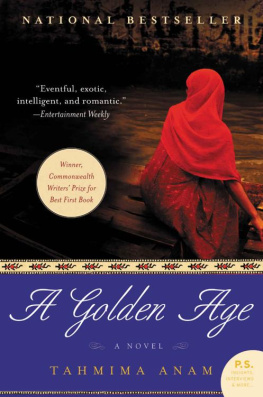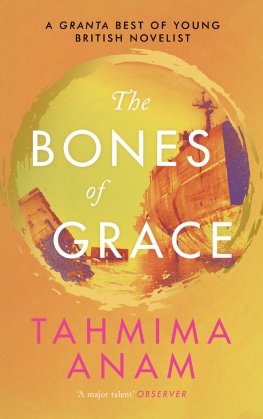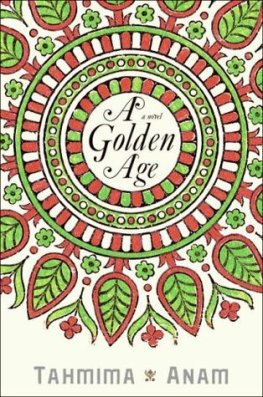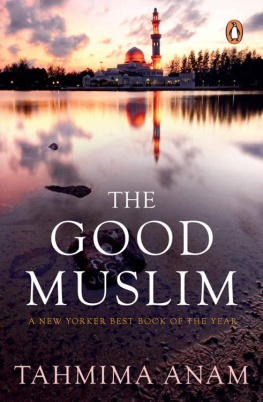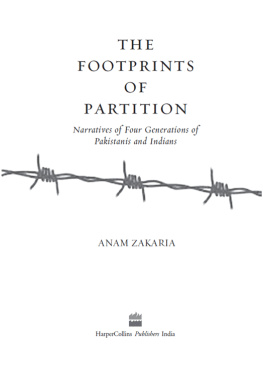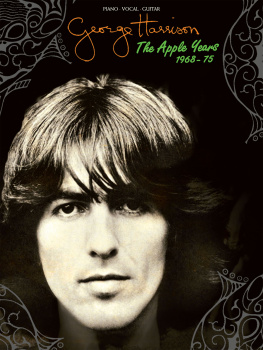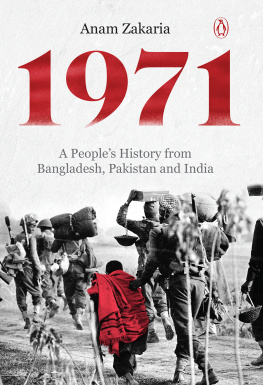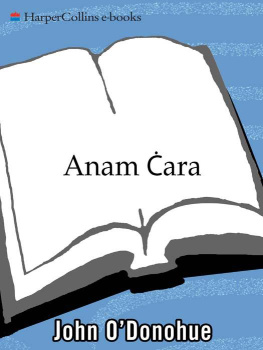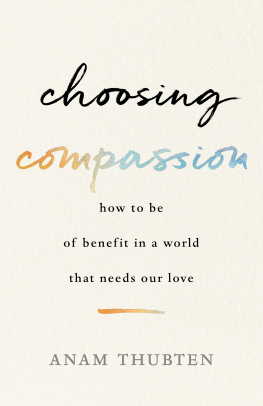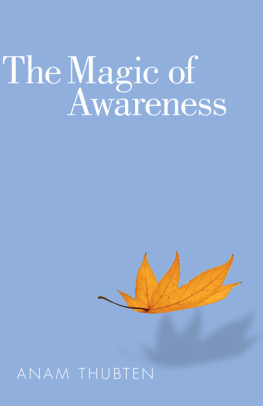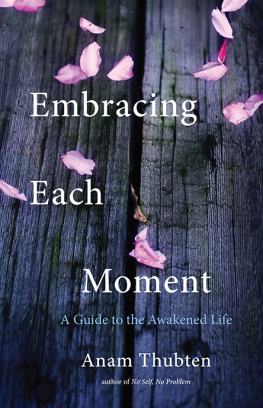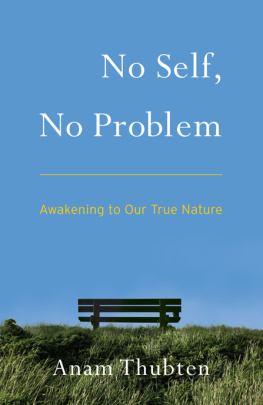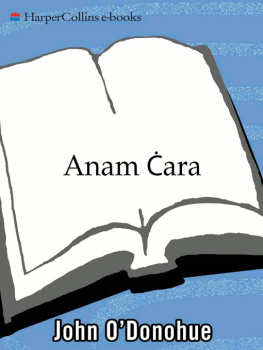Tahmima Anam - A Golden Age (Bangla Desh)
Here you can read online Tahmima Anam - A Golden Age (Bangla Desh) full text of the book (entire story) in english for free. Download pdf and epub, get meaning, cover and reviews about this ebook. year: 2009, publisher: HarperCollins, genre: Detective and thriller. Description of the work, (preface) as well as reviews are available. Best literature library LitArk.com created for fans of good reading and offers a wide selection of genres:
Romance novel
Science fiction
Adventure
Detective
Science
History
Home and family
Prose
Art
Politics
Computer
Non-fiction
Religion
Business
Children
Humor
Choose a favorite category and find really read worthwhile books. Enjoy immersion in the world of imagination, feel the emotions of the characters or learn something new for yourself, make an fascinating discovery.
- Book:A Golden Age (Bangla Desh)
- Author:
- Publisher:HarperCollins
- Genre:
- Year:2009
- Rating:4 / 5
- Favourites:Add to favourites
- Your mark:
- 80
- 1
- 2
- 3
- 4
- 5
A Golden Age (Bangla Desh): summary, description and annotation
We offer to read an annotation, description, summary or preface (depends on what the author of the book "A Golden Age (Bangla Desh)" wrote himself). If you haven't found the necessary information about the book — write in the comments, we will try to find it.
A Golden Age (Bangla Desh) — read online for free the complete book (whole text) full work
Below is the text of the book, divided by pages. System saving the place of the last page read, allows you to conveniently read the book "A Golden Age (Bangla Desh)" online for free, without having to search again every time where you left off. Put a bookmark, and you can go to the page where you finished reading at any time.
Font size:
Interval:
Bookmark:
A Novel
Tahmima Anam

For my parents,
Shaheen and Mahfuz Anam,
who planted hope in my heart
Freedom, you are an arbour in the garden, the koels song, glistening leaves on banyan trees, my notebook of poetry, to scribble as I please.
Shamsur Rahman, Shadhinota Tumi
March 1959
Prologue
March 1971
Shona with her back to the sun
25 March 1971
Operation Searchlight
April
Radio Free Bangladesh
May
Tikka Khan, the Butcher of Bengal!
June
I loves you, Porgy
July
The red-tipped bird
August, September, October
Salt Lake
November
Take my affliction


D ear Husband,
I lost our children today.
Outside the courthouse Rehana bought two kites, one red and one blue, from Khan Brothers Variety Store and Confectioners. The man behind the counter wrapped them up in brown paper and jute ribbon. Rehana tucked the packets under her arm and hailed a rickshaw. As she was climbing in, she saw the lawyer running towards her.
Mrs Haque, I am very sorry. He sounded sincere.
Rehana couldnt bring herself to say it was all right.
You must find some money. That is the only way. Find some money, and then we will try again. These bastards dont move without a little grease.
Money. Rehana stepped into the rickshaw and lifted the hood over her head. Dhanmondi, she said, her voice in a thin quiver. Road Number 5.
When she got home, the children were sitting together on the sofa with their knees lined up. Mayas feet hovered above the floor. Sohail was looking down at his palms and counting the very small lines. He saw Rehana and smiled but did not rise from his chair, or call out, as Maya did, Ammoo! Why were you so long?
Rehana had decided it would not be wise to cry in front of the children, so she had done her crying in the rickshaw, in sobs that caused her to hold on to the narrow frame of the seat and open her mouth in a loud, wailing O. The rickshaw-puller had turned around and asked, as if he was genuinely concerned, whether she would like to stop for a glass of water. Rehana had never tasted roadside water. She refused him mutely, wondering if he had children, a thought that made her lean her head against the side of the rickshaw hood and knock repeatedly in time to the bumps on the road. Now, confronted with the sight of them, she fought the pinch in her jaw and the acrid taste that flooded her mouth. She fought the fierce stinging of her eyes, the closing of her throat. She fought all of these as she handed them the wrapped-up, triangular packets.
Thank you, Ammoo jaan, Maya said, ripping into hers. Sohail did not open his. He rested it on his lap and stroked the brown paper.
You are going to live with Faiz Chacha, Rehana said evenly. In Lahore.
Lahore! Maya said.
Im so sorry, Rehana said to her son.
When will we come back?
Soon, I promise. Pray to God, she wanted to say. They are coming for you on Thursday.
I dont want to.
Rehana bit down on her tongue. You have to go, she said. Go and be brave. You can fly your kite, beta, and I will see it, all the way from Lahore. Its a special kite. You have to be very good. Very good and very brave. Only the bravest children get windy days. And one day it will be so windy you will fly all the way back to me. You dont believe me? Wait and see.
Dear Husband,
Our children are no longer our children.
How would she begin to tell him?
She got back into the rickshaw with the children. Azimpur Koborstan, she said.
The graveyard was dotted with dusk mourners. They tossed flowers on the wet pelts of grass that grew over their loved ones. In the next row a man with a white cap cried into his hands. Beside him, an old woman clutched a spray of bokul.
Rehana held the round palms of her children.
Say goodbye to your father, she said, pointing to Iqbals grave.
Sohail raised his fingers to his face. La-illahah Illallah.
Maya, you too.
My children are no longer my children.
The judge said Rehana had not properly coped with the death of her husband. She was too young to take care of the children on her own. She had not taught them the proper lessons about Jannat and the afterlife.
Maya chased a butterfly into the next row. Rehana seized her elbow. Say goodbye to your father.
Goodbye, Abboo, Maya said, her eyes liquid, moving with the butterfly.
Mrs Haque, the judge had asked, what would your husband want?
He would want them to be safe, she had said. Yes, he would want them to be safe.
Faiz had said, Its not safe here, milord. Martial law, strikes, people on the streetsnot safe. That is why my wife and I want to take the children to Lahore.
Lahore, the garden city with new roads and perfect buildings. It was a thousand miles away on the other side of India. Faiz was her husbands elder brother. He was a barrister, and very rich. His wife was tall, pouty-lipped and barren. She looked hungrily at the children.
Faiz had never liked Rehana. It had something to do with Iqbals devotion to her. Leaving her slippers outside the bathroom door when she went to bathe. Pressing her feet with olive oil. Speaking only in gentle tones. Everyone noticed; Faiz would say, Brother, you are spoiling your wife , and Mrs Chowdhury, who lived opposite their house in Dhanmondi, would sigh and declare, Your husband is a saint.
Faiz told the judge about Cleopatra . Rehana had taken the children to see Cleopatra . Was Cleopatra a suitable film for young children? She saw the judge picturing Elizabeth Taylors breasts. And then Faiz told the story about the coin. That eight years ago Iqbal had been presented with a proposal of marriage to one Rehana Ali of Calcutta, a young woman from an aristocratic family whose father had lost an immense fortune to bad counsel and even worse luck. Iqbal was already thirty-six; he had a successful insurance businesswhy not marry? Why not indeed. He had tossed a coin, glanced quickly at the result and gone to sleep. The next morning he sent a message to say he agreed.
Rehana had never believed this story, because Iqbal was not the type to gamble. He was an insurance man; he dealt in security. The avoidance of accident. The sidestepping of consequence. Perhaps he had been different before he married. Perhaps that was why Faiz was upset. His brother was no longer his brother.
She should have burned some chillies and circled them over his head. Or slaughtered a goat, at the very least. But she hadnt done either, and so he had died, sinking to his knees in front of the house one January day, his walking stick rolling into the gutter, his hand over his waistcoat searching for the pocket watch, as though he wanted to record the hour of his leaving her. Maf kar do, he whispered to her. Forgive me.
And there she was, a widow, nothing to recommend her, no family near by. Her parents were dead; her three sisters lived in Karachi. That was when Faiz and Parveen had offered to take the children. Rehana could see them during the holidays. Just for a few years, Parveen said, Give you time to recover. As though it were an illness, something curable, like what was happening to the country.
Font size:
Interval:
Bookmark:
Similar books «A Golden Age (Bangla Desh)»
Look at similar books to A Golden Age (Bangla Desh). We have selected literature similar in name and meaning in the hope of providing readers with more options to find new, interesting, not yet read works.
Discussion, reviews of the book A Golden Age (Bangla Desh) and just readers' own opinions. Leave your comments, write what you think about the work, its meaning or the main characters. Specify what exactly you liked and what you didn't like, and why you think so.

